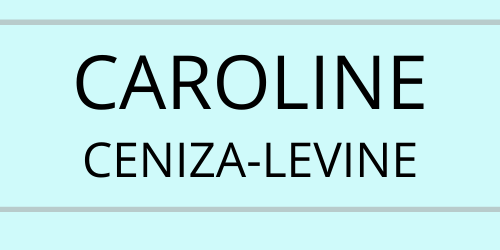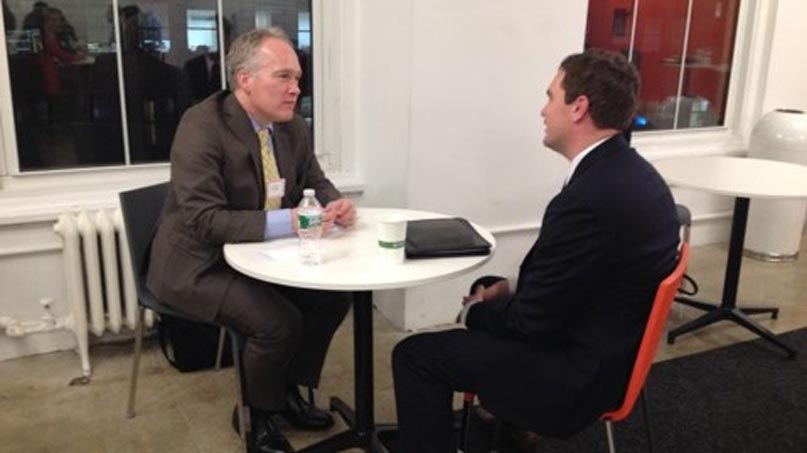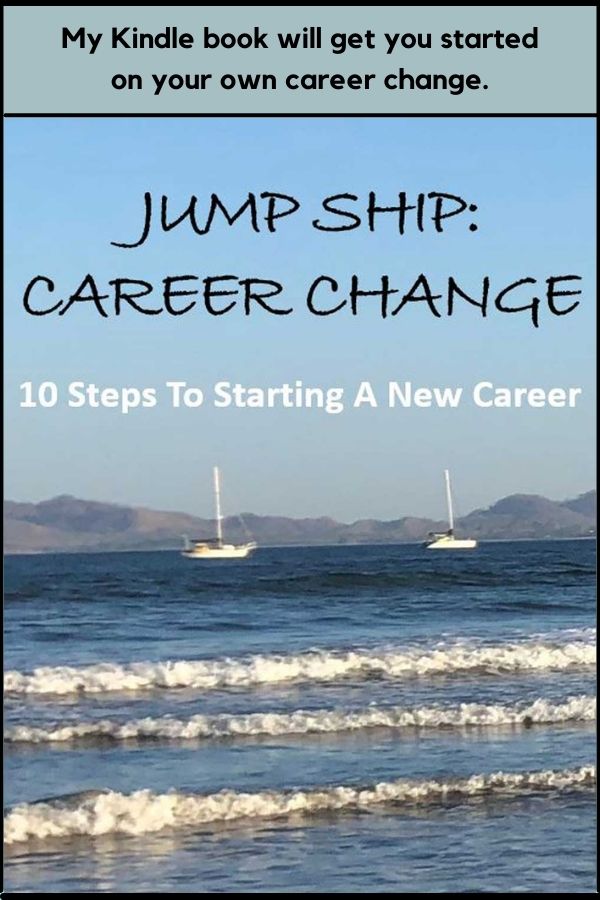Preparing for a job interview? You might also be interested in my blog post: Ten Step Process To Help Ace Your Next Job Interview.
Most job interviews include at least one negative interview question: What is your biggest weakness? Tell me about a project where something went wrong. What is the biggest mistake you made?
The interviewer is looking for habits, qualities or skill deficiencies that might hinder your ability to do the job. In addition, the interviewer is probing for your level of self-awareness and humility about the areas you need to work on.
Like any other interview question, negative interview questions help the interviewer assess whether they should hire you. Therefore, you need to shape your answer to a negative interview question based on the job opening at hand.
Here is a two-step process to answer a negative question, such as “What is your biggest mistake”, in a job interview:
1 – Pick the right story
As an experienced professional, you have lots of stories to choose from, and while you hopefully don’t have too many negative stories, you certainly have more than one.
If you don’t decide in advance which mistake or failed project or weakness you want to discuss, you may simply default to the one that comes to mind. This is most likely the one you remember because it’s emotionally charged for you, or perhaps it’s a memory that is still raw or it’s a story left unfinished. These emotionally charged, raw and unfinished events do not make good interview stories because you will get rattled when you tell them.
More importantly, you don’t want a raw, unfinished story because you need something that has a clear resolution.
The best answer to a negative interview question includes something you learned, a positive quality you developed from that challenge, or a solution that you discovered or at least contributed to.
On a job opening I was hiring for, I interviewed a candidate who told me that he was project manager for a client that cancelled the project, though this client eventually rehired the firm again. Yes, that is ultimately a happy ending, but the candidate wasn’t involved in winning back the client, so this was not a good example to use.
I have had other candidates tell me about projects where the client was unhappy, but then the candidate did something specific (e.g., increased relationship-building efforts with the client, developed an insight into the problem) to turn the project around. That’s the right story to tell because it was a failed project but a happy ending, and the candidate was an active participant in the story.
2 – Share the right facts
Since the value of the story isn’t in the negative issue, but rather your self-awareness and improvement, focus on these aspects in your story:
- Don’t ramble on and on about the minutiae of the project.
- Share enough about the project so the interviewer has the right context for the situation.
- Be specific about what the problem was.
- Give the most detail on how you resolved the problem.
You never want to linger in your answers to negative interview questions. Answer completely but quickly, and then return back to the rest of the interview.
Preparing for a job interview? You might also be interested in my blog post: Ten Step Process To Help Ace Your Next Job Interview.
I once coached a job seeker who made a mistake on the job by falling behind during her inventory audits. She fixed the problem by figuring out why certain departments gave late and incomplete responses and then refining her survey tactics to help those departments along. Once we pinpointed the mistake and resolution, it was a great story because it showed good problem-solving, communication skills, and flexibility on her part.
However, when she first told the story, this job seeker gave me a seminar on inventory management! Had this been a real interview and I was vetting her for a job, I would have stopped listening amidst all the minutiae. Luckily, since this was a practice interview and I was coaching her, I listened long enough to ferret out the mistake and the lesson. We had to cut about 80% of her initial answer.
=================
Even if a negative interview question is not asked outright as a standalone question, you will be probed during the interview process about things that worked and didn’t work, how you managed stressful situations, and how you worked through difficult times.
You need to have stories readily available to tell that reveal the tough situations or even outright mistakes, plus the lessons learned.
Do not leave your story selection to chance. Pick what you want to share in advance. Practice your delivery till your story is concise and clear – no getting emotional, no rambling.
Have a clear resolution, so you can be the hero of your own story.





